July 14 stands as one of history’s most eventful days, witnessing the rise and fall of empires, groundbreaking discoveries, and moments that shaped our modern world across centuries of human achievement.
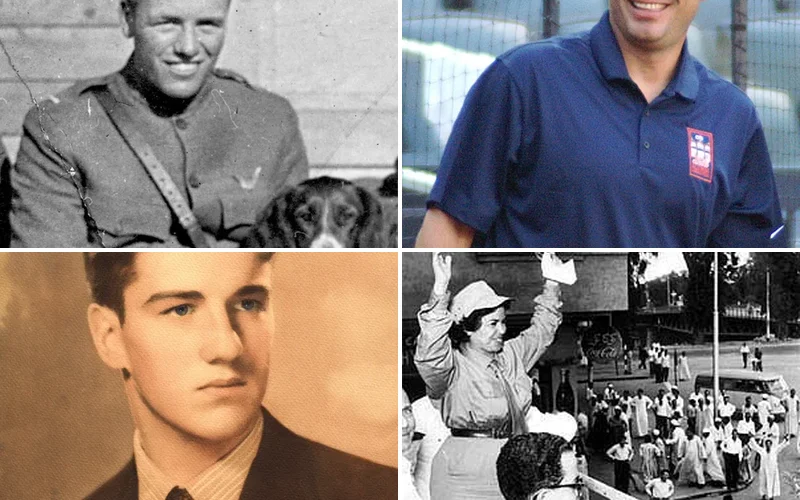
Politics and Government Events on July 14
1933 – Nazi Germany Abolishes All Political Parties Except Nazi Party
Adolf Hitler issued the Gleichschaltung decree, systematically dismantling Germany’s democratic political system. This authoritarian measure consolidated Nazi power by eliminating all opposition parties.
The decree marked a decisive step toward totalitarian rule in Germany. Political pluralism vanished overnight as the Nazi regime tightened its grip on German society.
1958 – Iraqi Revolution Overthrows Monarchy
Popular forces led by Abd al-Karim Qasim launched the 14 July Revolution, toppling Iraq’s monarchy. The revolutionary government established a republic and fundamentally transformed the nation’s political structure.
King Faisal II and the royal family were killed during the uprising. Qasim emerged as Iraq’s new leader, ushering in an era of military-dominated governance.
1942 – Indian National Congress Approves Quit India Resolution
The Wardha session of Congress authorized Mahatma Gandhi to launch his final campaign for Indian independence from British rule. This resolution marked the beginning of the most significant anti-colonial movement in Indian history.
Gandhi’s non-violent resistance strategy gained unprecedented popular support across the subcontinent. The British colonial administration faced its greatest challenge as millions joined the independence movement.
1957 – First Female Arab Parliamentarian Takes Office
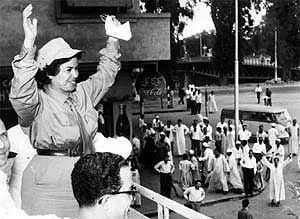
Rawya Ateya took her seat in Egypt’s National Assembly, breaking historic barriers for women in Arab politics. Her election represented a groundbreaking moment for gender equality in Middle Eastern governance.
Ateya’s achievement paved the way for future generations of female political leaders across the Arab world. Her pioneering role challenged traditional gender norms in regional politics.
Military and Naval History on July 14
1916 – Battle of Delville Wood Begins
British and South African forces launched a major offensive within the larger Battle of the Somme. The brutal fighting in Delville Wood would continue for nearly two months, becoming one of World War I’s most devastating engagements.
South African troops bore the heaviest casualties in their nation’s military history. The battle exemplified the horrific trench warfare that characterized the Western Front.
1950 – Korean War Battle of Taejon Commences
American and South Korean forces engaged North Korean troops in fierce urban combat. The battle marked a critical early phase of the Korean War as UN forces struggled to halt the communist advance.
General William Dean led the American defense of the strategically important city. The battle’s outcome would significantly influence the war’s initial momentum on the Korean Peninsula.
1915 – McMahon-Hussein Correspondence Begins
British official Henry McMahon initiated secret negotiations with Hussein bin Ali, Sharif of Mecca, concerning Arab revolt against Ottoman rule. These diplomatic exchanges would reshape Middle Eastern politics during World War I.
The correspondence promised Arab independence in exchange for military cooperation against the Ottoman Empire. These negotiations laid groundwork for the Arab Revolt that would transform the region’s political landscape.
1917 – Quentin Roosevelt Dies in Combat

President Theodore Roosevelt’s youngest son was killed in aerial combat over France during World War I. The 20-year-old pilot’s death symbolized the sacrifice of America’s youth in the Great War.
Roosevelt had volunteered for dangerous reconnaissance missions despite his father’s prominent political position. His death deeply affected the former president and highlighted the war’s devastating impact on American families.
Science and Discovery Milestones on July 14
1965 – Mariner 4 Photographs Mars
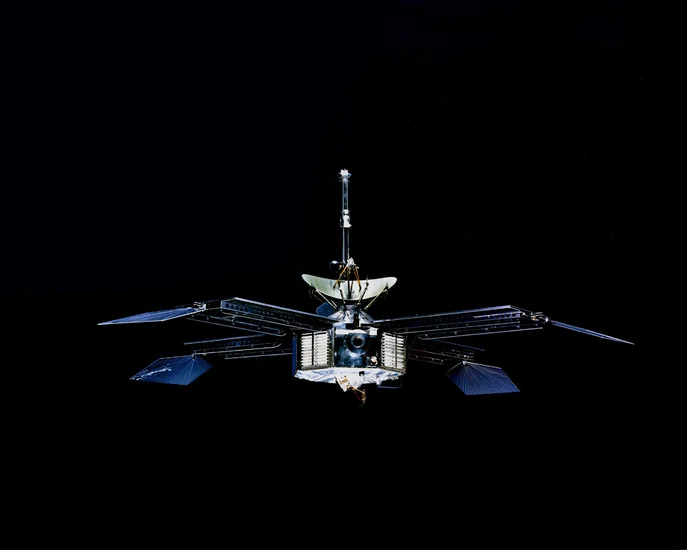
NASA’s Mariner 4 spacecraft transmitted the first close-up photographs of Mars back to Earth. The historic images took approximately six hours to transmit and revolutionized humanity’s understanding of the Red Planet.
The photographs revealed Mars as a cratered, moon-like world rather than the Earth-like planet many scientists had expected. This discovery fundamentally changed scientific perceptions of planetary formation and extraterrestrial life possibilities.
2015 – New Horizons Completes Solar System Survey
NASA’s New Horizons probe performed humanity’s first flyby of Pluto, completing the initial reconnaissance of all major Solar System bodies. The mission provided unprecedented detailed images and data about the distant dwarf planet.
Scientists discovered Pluto’s complex geology, including nitrogen plains and methane dunes. The successful flyby represented a triumph of human engineering and our quest to explore the cosmos.
1960 – Jane Goodall Arrives at Gombe Stream
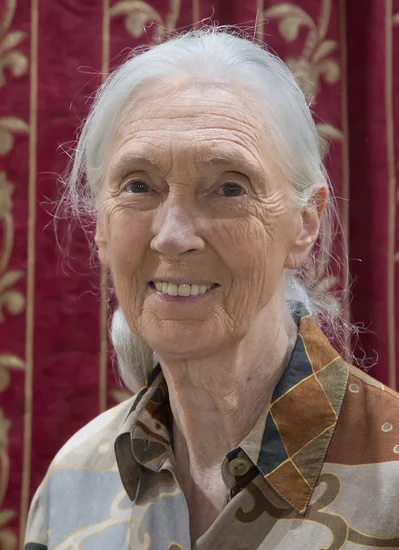
The young British researcher began her groundbreaking study of chimpanzees in the Tanzanian wilderness. Goodall’s work would revolutionize primatology and our understanding of human evolution.
Her patient observation methods revealed complex chimpanzee social structures and tool use. These discoveries challenged fundamental assumptions about what distinguishes humans from other primates.
1902 – Agustín Lizárraga Discovers Machu Picchu
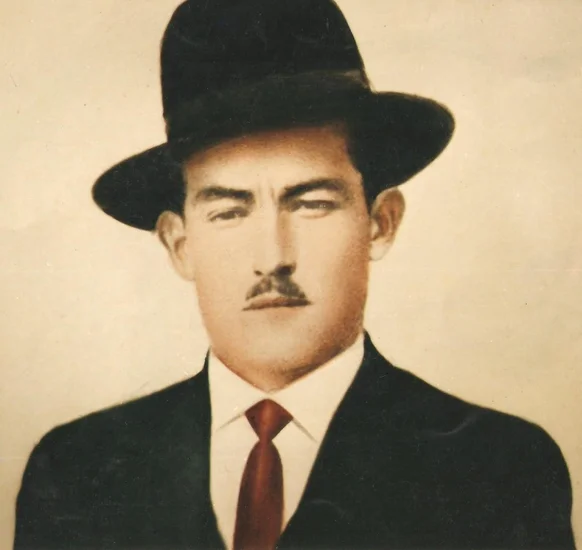
Peruvian explorer and farmer Agustín Lizárraga became the first documented person to reach the ancient Incan citadel. His discovery revealed one of the world’s most remarkable archaeological treasures.
The “Lost City of the Incas” had remained hidden from Spanish conquistadors for centuries. Lizárraga’s find would later inspire extensive archaeological research and become a UNESCO World Heritage Site.
Cultural and Arts Events on July 14
1983 – Mario Bros. Video Game Released

Nintendo released Mario Bros. in Japan, launching one of the most successful video game franchises in entertainment history. The game introduced the iconic plumber character who would become a global cultural phenomenon.
Mario’s adventures revolutionized the video game industry and established Nintendo as a dominant force in interactive entertainment. The franchise would eventually generate billions in revenue and influence popular culture worldwide.
1939 – Alphonse Mucha Dies
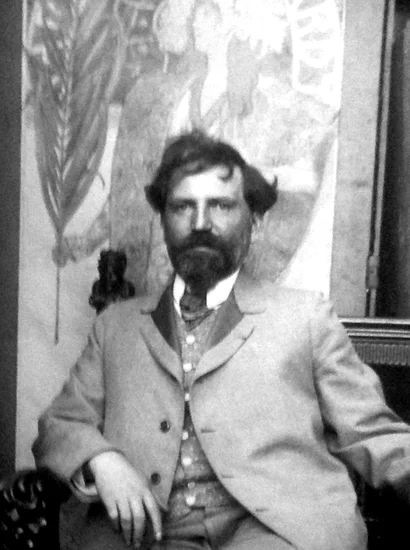
The Czech painter and illustrator renowned for his Art Nouveau style passed away at age 78. Mucha’s elegant posters and decorative arts defined an entire artistic movement in the early 20th century.
His distinctive style featuring flowing female figures and intricate botanical patterns became synonymous with Belle Époque aesthetics. Mucha’s work continues to influence graphic design and fine arts today.
1968 – Konstantin Paustovsky Dies
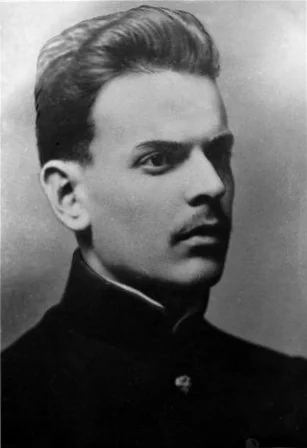
The celebrated Russian author and poet died at age 76, leaving behind a rich literary legacy. Paustovsky’s lyrical prose and nature writing captured the essence of Soviet-era Russian literature.
His autobiographical works provided intimate glimpses into 20th-century Russian intellectual life. Paustovsky’s influence on Russian literary culture extended far beyond his own writing achievements.
1967 – Tudor Arghezi Dies

Romania’s most influential modern poet passed away, concluding a career that transformed Romanian literature. Arghezi’s innovative verse and prose challenged traditional literary conventions.
His work bridged classical Romanian poetry with modernist techniques and themes. Arghezi’s literary innovations earned him recognition as one of Eastern Europe’s most significant 20th-century writers.
Religious and Social Events on July 14
1933 – Nazi Eugenics Program Begins
The Nazi regime proclaimed the Law for the Prevention of Hereditarily Diseased Offspring, mandating compulsory sterilization of citizens deemed genetically unfit. This legislation marked the beginning of systematic persecution based on pseudoscientific racial theories.
The program targeted disabled individuals, mental patients, and other vulnerable populations. These policies foreshadowed the Holocaust and represented one of history’s most horrific examples of state-sponsored discrimination.
1948 – First African American National Monument Established
The George Washington Carver National Monument in Diamond, Missouri, became the first U.S. National Monument honoring an African American. This recognition acknowledged Carver’s groundbreaking contributions to agricultural science and education.
The monument celebrated Carver’s innovative research in crop rotation and plant-based products. His work had transformed Southern agriculture and provided economic opportunities for African American farmers.
2005 – Hospice Movement Pioneer Dies

Dame Cicely Saunders, founder of the modern hospice movement, passed away at age 87. Her revolutionary approach to end-of-life care transformed medical practice and brought dignity to dying patients.
Saunders established the first modern hospice in London and developed palliative care as a medical specialty. Her compassionate philosophy influenced healthcare systems worldwide and changed attitudes toward death and dying.
Business and Economic Events on July 14
1998 – McDonald’s Co-Founder Dies
Richard McDonald, who co-founded the world’s largest fast-food chain with his brother Maurice, passed away at age 89. The McDonald brothers had revolutionized American dining culture through their innovative “Speedee Service System.”
Their assembly-line approach to food preparation became the template for modern fast-food operations. Ray Kroc later franchised their concept, transforming McDonald’s into a global business empire worth billions of dollars.
1949 – Music Industry Executive Born
Tommy Mottola entered the world in the Bronx, New York, destined to become one of the music industry’s most powerful figures. His career would span decades and shape the careers of numerous international superstars.
Mottola would later head Sony Music Entertainment and discover artists like Mariah Carey and Celine Dion. His business acumen and marketing expertise helped transform the global music industry.
1918 – Pringles Founder Born

Fred Baur was born in Cincinnati, Ohio, and would later revolutionize snack food packaging and design. His innovative approach to food chemistry and engineering created one of America’s most recognizable snack brands.
Baur invented the distinctive Pringles canister and uniform chip shape that became iconic worldwide. His engineering background brought scientific precision to snack food manufacturing and marketing.
Transportation and Infrastructure on July 14
1911 – First Presidential Aviation Visit
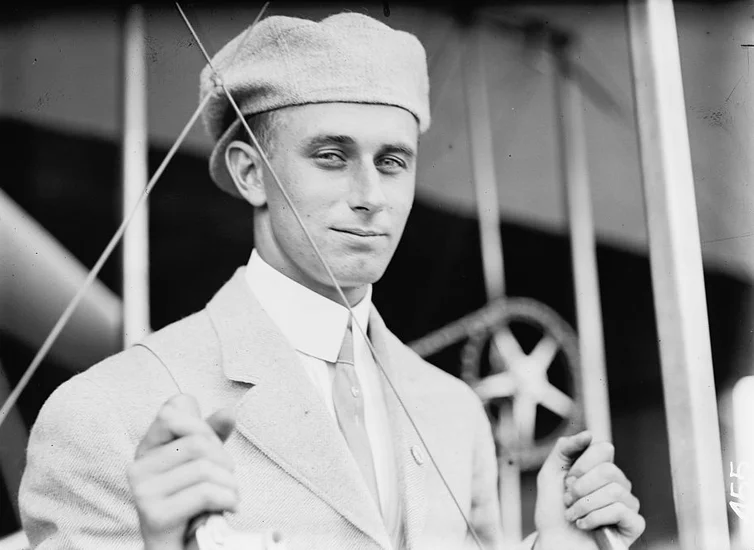
Exhibition pilot Harry Atwood made history by landing his aeroplane on the White House South Lawn after flying from Boston. President William Howard Taft personally greeted the aviator, marking a milestone in presidential aviation history.
This unprecedented flight demonstrated aviation’s rapid advancement and its potential for transportation and communication. The event symbolized America’s growing embrace of aerospace technology and innovation.
1960 – Philippine Aviation Accident
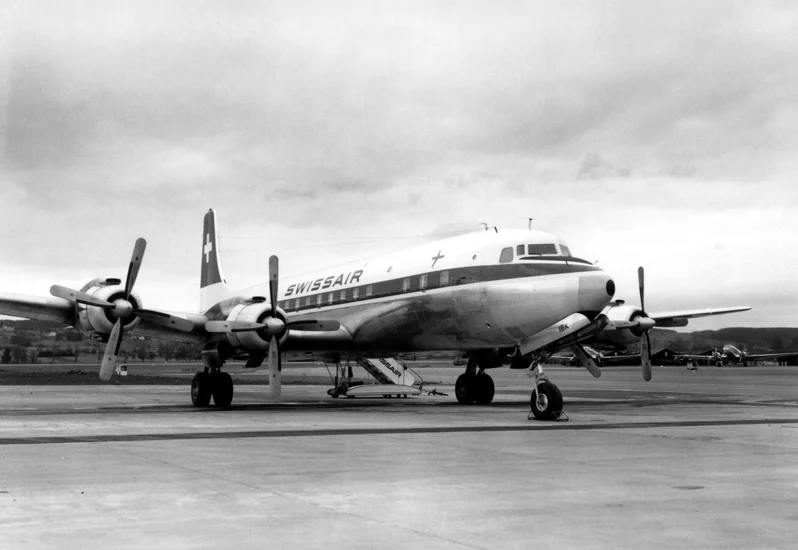
Northwest Orient Airlines Flight 1-11 ditched in waters off Polillo Island, Philippines, killing one passenger and injuring 44 others. The emergency water landing demonstrated both the dangers and survival possibilities of early commercial aviation.
The incident prompted improvements in aviation safety protocols and emergency procedures. Investigators used lessons learned from this accident to enhance aircraft design and crew training programs.
1902 – Venice Campanile Collapses
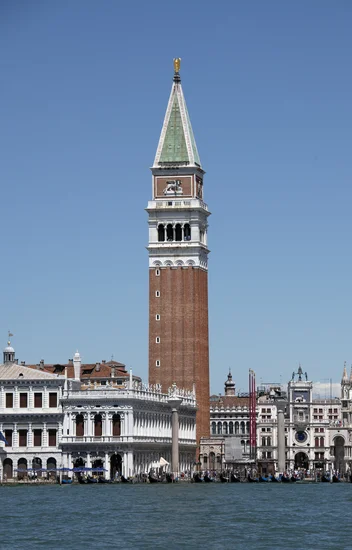
The iconic bell tower in St. Mark’s Square suddenly collapsed, destroying the adjacent loggetta structure. The catastrophic failure shocked Venice and highlighted the challenges of preserving ancient architectural monuments.
The collapse prompted immediate reconstruction efforts using original materials and traditional techniques. The rebuilt campanile became a symbol of Venice’s determination to preserve its architectural heritage for future generations.
Sports and Recreation on July 14
1951 – Ferrari’s First Formula One Victory
Ferrari achieved their inaugural Formula One grand prix victory at the British Grand Prix held at Silverstone Circuit. This triumph marked the beginning of Ferrari’s legendary dominance in international motorsport.
The victory established Ferrari as a serious competitor in the world’s premier racing series. This success launched a racing dynasty that would continue for decades and make Ferrari synonymous with Formula One excellence.
1965 – Baseball Hall of Famer Born

Robin Ventura was born in Santa Maria, California, beginning a life that would lead to Major League Baseball stardom. His exceptional skills as a third baseman would earn him multiple Gold Glove Awards and All-Star selections.
Ventura’s collegiate career at Oklahoma State University set numerous records before his professional success. His defensive prowess and clutch hitting made him one of baseball’s most respected players during the 1990s.
1977 – MMA Champion Born

Conor McGregor was born in Dublin, Ireland, destined to become one of mixed martial arts’ most recognizable figures. His charismatic personality and fighting skills would transform UFC promotion and athlete marketing.
McGregor’s rise from Dublin plumber to international sports superstar exemplified the global appeal of mixed martial arts. His business acumen and promotional abilities revolutionized combat sports entertainment and athlete branding.
Notable Births on July 14
1913 – Gerald Ford Born

The future 38th President of the United States was born Leslie Lynch King Jr. in Omaha, Nebraska. Ford would later serve as the only president never elected to either the presidency or vice presidency.
His political career spanned decades in Congress before ascending to the presidency during the Watergate crisis. Ford’s integrity and steady leadership helped restore public confidence in American government during a turbulent period.
1918 – Ingmar Bergman Born
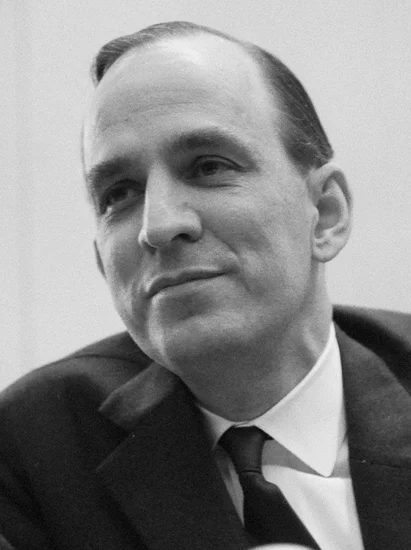
The legendary Swedish filmmaker entered the world in Uppsala, Sweden, beginning a life that would revolutionize cinema. Bergman’s psychological dramas and artistic innovations would influence generations of filmmakers worldwide.
His masterpieces like “The Seventh Seal” and “Persona” explored existential themes with unprecedented depth and visual poetry. Bergman’s work earned him recognition as one of cinema’s greatest auteurs.
1912 – Woody Guthrie Born
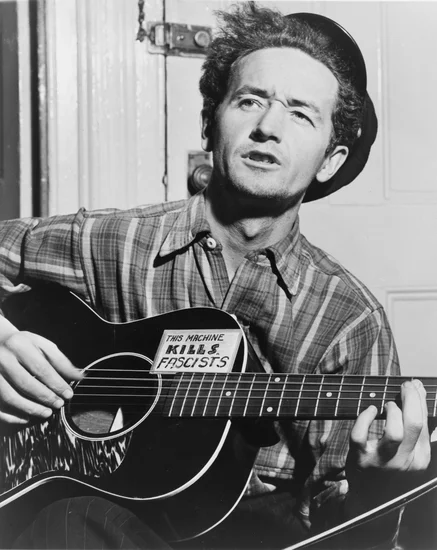
The influential American folk singer and songwriter was born in Okemah, Oklahoma, during the height of the American frontier era. Guthrie’s music would chronicle the struggles and dreams of ordinary Americans during the Great Depression.
His songs like “This Land Is Your Land” became anthems of social justice and American identity. Guthrie’s musical legacy influenced countless artists and helped establish folk music as a vehicle for social commentary.
1910 – William Hanna Born
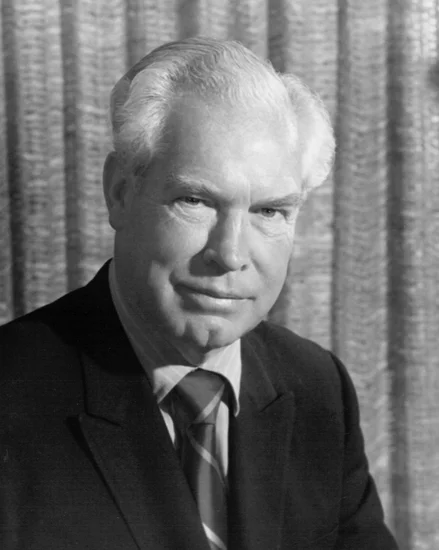
The future animation pioneer was born in Melrose, New Mexico, beginning a career that would entertain millions worldwide. Hanna would co-found Hanna-Barbera Productions and create beloved cartoon characters.
His partnership with Joseph Barbera produced iconic series like “The Flintstones,” “The Jetsons,” and “Scooby-Doo.” Hanna’s innovations in television animation made quality cartoons accessible to mass audiences.
1918 – Jay Wright Forrester Born

The future computer engineering pioneer was born in Anselmo, Nebraska, during the dawn of the electronic age. Forrester’s innovations would fundamentally advance computer memory systems and digital technology.
His development of magnetic-core memory revolutionized computer storage and made modern computing possible. Forrester’s work at MIT laid crucial groundwork for the digital revolution that transformed society.
1960 – Jane Lynch Born

The future Emmy Award-winning actress was born in Dolton, Illinois, beginning a career that would span comedy, drama, and television hosting. Lynch’s versatile performances would earn her widespread recognition and critical acclaim.
Her role as Sue Sylvester in “Glee” became iconic and showcased her comedic timing and dramatic range. Lynch’s career demonstrates the power of character acting in modern entertainment.
1985 – Phoebe Waller-Bridge Born

The British actress and screenwriter was born in London, England, destined to become one of television’s most innovative creative voices. Her writing and performing would redefine modern comedy and drama.
Waller-Bridge’s series “Fleabag” earned critical acclaim and numerous awards for its honest portrayal of contemporary life. Her work represents a new generation of female storytellers in entertainment.
Notable Deaths on July 14
1904 – Paul Kruger Dies
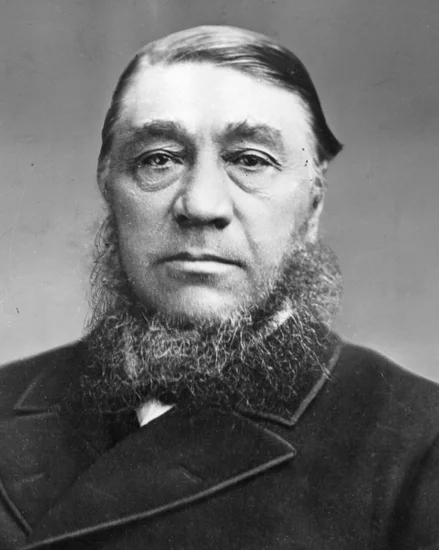
The 5th President of the South African Republic passed away in exile in Switzerland at age 78. Kruger had led Boer resistance against British imperialism and became a symbol of Afrikaner nationalism.
His leadership during the Second Boer War earned him international recognition as a defender of small nations against imperial powers. Kruger’s legacy influenced South African politics for generations.
1907 – William Henry Perkin Dies

The English chemist who revolutionized the dye industry died at age 69, leaving behind a transformed chemical manufacturing sector. Perkin’s accidental discovery of synthetic dye launched the modern chemical industry.
His innovation made colorful fabrics affordable for ordinary people and established Britain as a leader in industrial chemistry. Perkin’s work demonstrated how scientific research could create entirely new industries.
1954 – Jacinto Benavente Dies
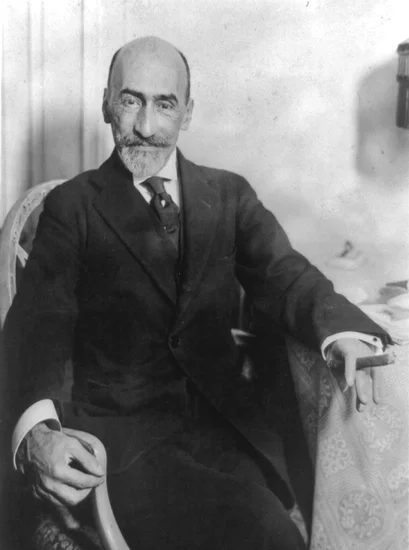
The Spanish playwright and Nobel Prize laureate in Literature passed away at age 88. Benavente’s theatrical works had dominated Spanish drama for decades and influenced European theater.
His realistic plays challenged Spanish theatrical conventions and introduced psychological depth to character development. Benavente’s contributions to world literature earned him international recognition and numerous honors.
1965 – Adlai Stevenson II Dies

The American diplomat and two-time presidential candidate died suddenly in London at age 65. Stevenson had served as U.S. Ambassador to the United Nations during critical Cold War confrontations.
His eloquent speeches and diplomatic skills helped shape American foreign policy during the nuclear age. Stevenson’s intellectual approach to politics influenced a generation of Democratic Party leaders.
2017 – Maryam Mirzakhani Dies

The Iranian mathematician and first woman to win the Fields Medal passed away at age 40 from breast cancer. Mirzakhani’s groundbreaking work in geometric topology had revolutionized mathematical understanding.
Her research on curved surfaces and dynamical systems opened new frontiers in mathematical research. Mirzakhani’s achievements inspired young women worldwide to pursue careers in mathematics and science.
Holidays and Observances on July 14
Bastille Day Celebrated in France

France and its dependencies commemorate the storming of the Bastille fortress in 1789, marking the beginning of the French Revolution. This national holiday celebrates French republican values and democratic principles.
The day features military parades, fireworks, and public celebrations throughout France. Bastille Day represents the triumph of popular sovereignty over monarchical absolutism and remains central to French national identity.
International Non-Binary People’s Day
This modern observance recognizes and celebrates individuals whose gender identity falls outside traditional binary categories. The day promotes awareness and acceptance of gender diversity.
Communities worldwide organize events to support non-binary individuals and advocate for inclusive policies. This observance reflects growing recognition of gender identity complexity in contemporary society.
Republic Day in Iraq
Iraq commemorates the 1958 revolution that established the republic and ended monarchical rule. This national holiday celebrates Iraqi independence and republican government.
The day honors those who participated in the revolutionary movement that transformed Iraqi society. Republic Day reinforces Iraqi national identity and democratic aspirations despite ongoing political challenges.
Victoria Day in Sweden
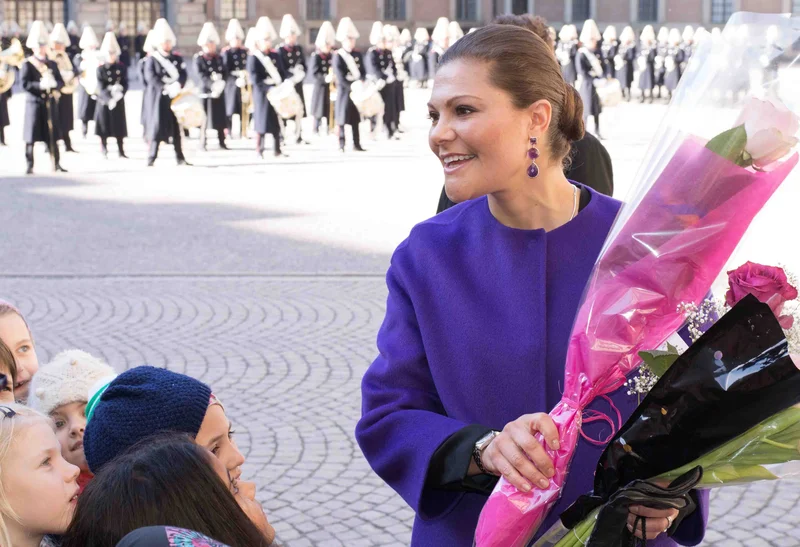
Sweden celebrates Crown Princess Victoria’s birthday as an official flag-flying day. This observance honors the heir apparent and represents Swedish constitutional monarchy.
The celebration reflects Sweden’s democratic traditions and the royal family’s ceremonial role in national life. Victoria Day demonstrates how modern monarchies can coexist with democratic governance.
